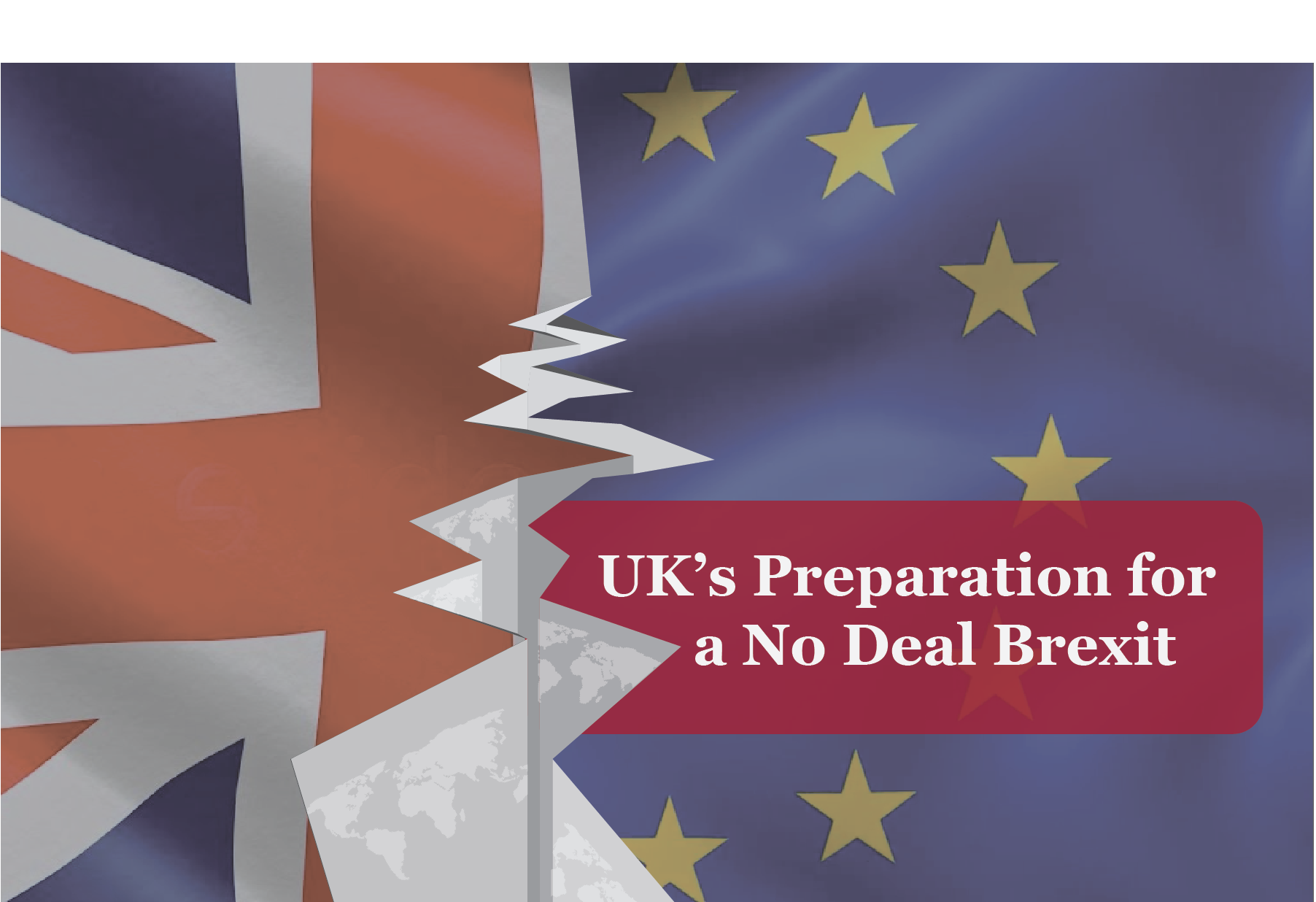With the initial Brexit plans derailed and the deadline now being extended to April 12th, the trade and manufacturing industry is in a state of chaos. The constantly changing regulations have put the stakeholders in a difficult situation. In preparation for what appears to be concluding in a no deal Brexit, the British Government has been releasing a multitude of guidance documents.
This time the UK government released guidance on conditional marketing authorization (CMA) applications, marketing authorizations in exceptional circumstances, and scientific advice and a webinar to guide medical device companies on how to make regulatory submissions in case of a no deal scenario to the MHRA (Medicines and Healthcare products Regulatory Agency). You can view the webinar slides here:1
The Conditional Marketing Authorization (CMA) guidance states that MHRA will grant a CMA for a product that promises to fulfill an unmet medical need like in cases of products that treat serious and life-threatening diseases or when the product offers a major medical advantage. A CMA is granted with the condition that the clinical data is not yet complete, but the company is in the process of gathering such data and submitting it to the MHRA.2
However, the Marketing Authorization Application of the product must still contain relevant and adequate information to prove the safety and efficacy of the device along with a positive risk-benefit analysis. The company must also justify their intent of obtaining a CMA and clearly indicate what clinical studies are underway and when the data will become available.
A CMA will be valid for a year and will be renewable annually. The decision to grant a CMA completely rests with the MHRA and can be rejected if the MHRA determines that the risk-benefit analysis for the product is negative.3
Likewise, for the Marketing Authorization under Exceptional Circumstances, MHRA will grant this authorization only for products where obtaining clinical data is difficult because the condition being treated is rare or obtaining full information is not possible or unethical.2
However, such authorizations will likely be subjected to specific obligations such as periodic surveillance of the post-market data on the safety and efficacy of the device.
What is interesting to see is all of these regulations are strongly based on the EU scheme and so are most of the other guidance documents. April 12th is finally the deadline for the UK to decide, since April 12th is the deadline for the UK to decide whether to hold European elections. If the UK is still not able to make up their mind, chances are that the UK will have to leave the EU without a deal.
We are closely monitoring the Brexit activities and will keep the medical device community abreast regarding the changing regulations.
If you have any questions about marketing your medical device in the EU, call us at 248-987-4497 or email us at info@emmainternational.com.
1Gov.UK (March 2019) Webinars related to making submissions to the MHRA if the UK leaves the EU with no deal retrieved on 04/02/2019 from https://www.gov.uk/government/publications/how-to-make-regulatory-medicines-submissions-to-the-mhra-if-the-uk-leaves-the-eu-with-no-deal
2Gov.UK (March 2019 Conditional Marketing Authorisations, exceptional circumstances Marketing Authorisations and national scientific advice in a no deal scenario retrieved on 04/02/2019 from https://www.gov.uk/guidance/conditional-marketing-authorisations-exceptional-circumstances-marketing-authorisations-and-national-scientific-advice-in-a-no-deal-scenario
3RAPS (March 2019) MHRA Offers More No-Deal Brexit Guidance on Conditional Marketing Authorizations retrieved on 04/02/2019 from https://www.raps.org/news-and-articles/news-articles/2019/3/mhra-offers-more-no-deal-brexit-guidance-on-condit?feed=Regulatory-Focus






